Cicero, considered to be one of the greatest orators, defined public speaking as the art of pleasing, moving and persuading through speech. Here are eight tips to help you be more eloquent.
1- Have a thorough knowledge of your subject
No, contrary to popular belief, form is not everything when you want to become a great speaker. In order to convince an audience, you must know your subject. Eloquence comes with a lot of preparation.
2- Structure your message
The best way to convey a message and not lose the thread of your argument is to structure your message. You must know how to draw in the audience (using storytelling – narration techniques, anecdotes, metaphors) and arouse emotions (surprise, joy, curiosity).
3- Tailor your message to your audience
In order to be eloquent, you also need to know who you are talking to (colleagues, clients, line manager). Pay attention to the vocabulary used (avoid jargon, slang and colloquialisms). The language used must be correct and precise.
4- Be sincere and genuine
In order to please, move and persuade an audience, you must make use of your personality, your physical attributes, the image you project, believe in yourself and be sincere rather than try to imitate.
5-Place your voice and use silences
Learning to place your voice is one of the techniques used to be more eloquent. This means finding the appropriate tone, breathing, having a composed pace, catching your breath and articulating the words. Acting lessons can be helpful in learning this technique. Good speakers also use moments of silence. As lawyers often say: “There is no better way to take possession of the floor than to start by being silent.»
6-Having a good command of your posture and movements
In addition to breathing, you must be able to control your posture, by standing straight and being firmly rooted to the ground. Pay attention to your movements. Finally, don’t forget to look at your audience.
7 -Correct any verbal quirks
Identify them by recording yourself or asking someone else for feedback. Then work on correcting any umming and ahing, or other linguistic quirks.
8- Practice
Do not hesitate to prepare yourself, practise in front of a mirror, film yourself and take the plunge by speaking in public in front of an audience of a few people you trust.






